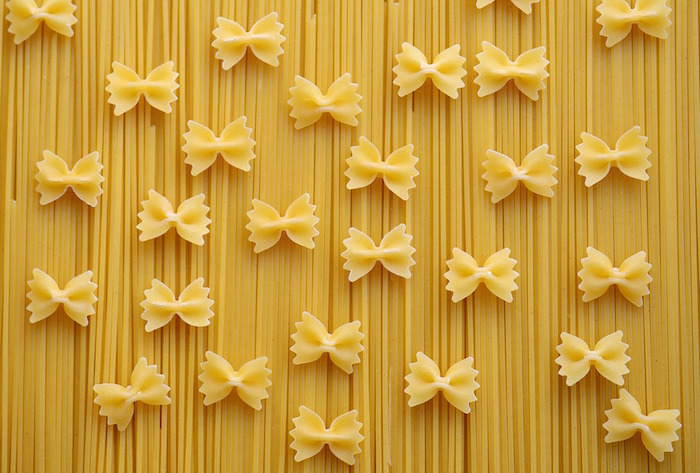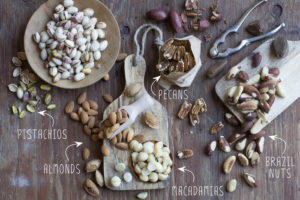Pasta, bread, pizza, doughnuts…Oh, how I can almost see many a weight watcher cringing at the mention of these words. For years, carbs have been singled out as one of the major dietary enemies, with people going to pretty extreme lengths to avoid them. But a swing in recent thought by health professionals and wellness ambassadors has given carbs their popularity back, with many now promoting carbohydrates as a balanced diet basic. Heck, there’s even claims that it will help with weight-loss!
By Jana du Plessis
The why
Carbohydrates round out the three macronutrients that our bodies run. Protein, fat and carbs – each with their own, unique function – work together to supply the energy our bodies need on a daily basis. Protein looks after our muscles by constantly building and repairing it as we move; fats are important for all cellular functions and protecting our vital organs; while carbohydrates gives the fuel to keep us going. Looking at it this way, it becomes clear that eliminating carbs from our diet cannot be sustainable for a healthy, functional body. But does that mean we may reach over for that loaf of bread? Not so fast.
The what
As much as carbohydrates are important in your diet, the type of carbohydrates you eat plays just as big of a role. When consuming carbs, it gets turned into glucose, which in turn are used by our cells as energy. But eat too much and the underutilised glucose will turn into fat. Here is where the significance of the type of carbs comes into play. Any refined carbohydrate, where all the fibre has been removed, will be faster to digest than whole foods and unrefined grains. Put in perspective, if you eat one serving of refined grains and the same size serving of wholegrains, you’ll more than likely get hungry sooner with the refined grains.
By now, most of us know that the more food we eat, the more kilojoules enter our body and the more likely we will pick up weight if we are not active enough to burn off all of the extra energy. Thus, by eating more when consuming refined grains, our bodies won’t magically take care of the extra kilojoules we take in just because we are hungry more often. That’s why fibre-rich carbohydrates will offer a slow release of energy, keeping hunger at bay and lowering kilojoule consumption.
The plan
So in order to keep our bodies full of energy without packing on the pounds, we must assess how much and what type of carbohydrates we choose to fuel our bodies with. It is true that everyone is unique in their makeup and our different lifestyles will dictate how our bodies will respond to the carbs we eat, but the basic principle still remains: we all need carbohydrates in order to be properly nourished. Choose wholegrains like brown rice, rye bread and wholewheat pasta as opposed to white rice, white bread and white pasta. And incorporate plenty of root veggies such as sweet potato, beetroot and pumpkin for extra nutrients with the fibre. And remember, the more active you are, the more carbs you will need, just be careful not to go overboard with your portions!




